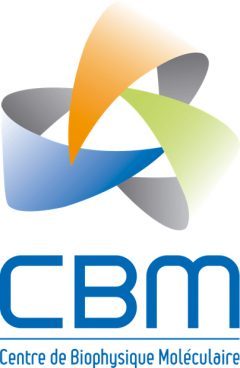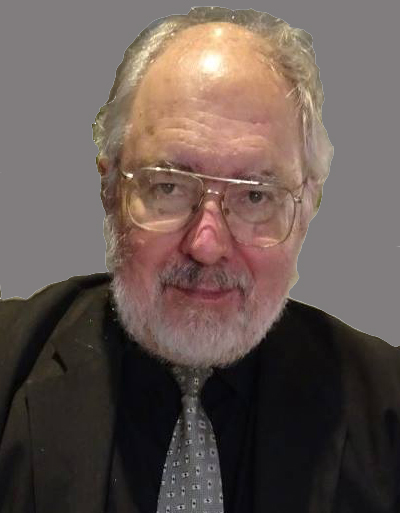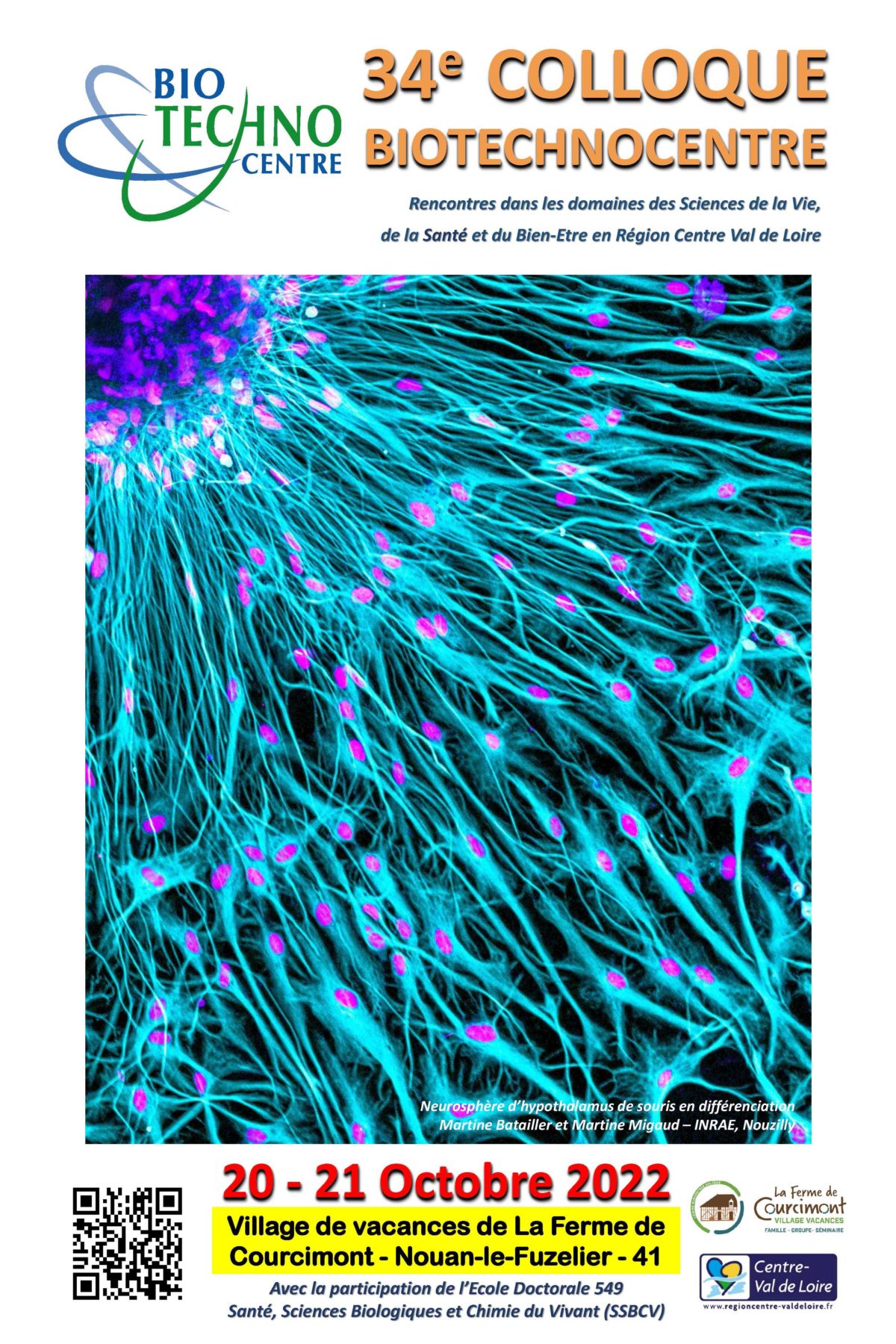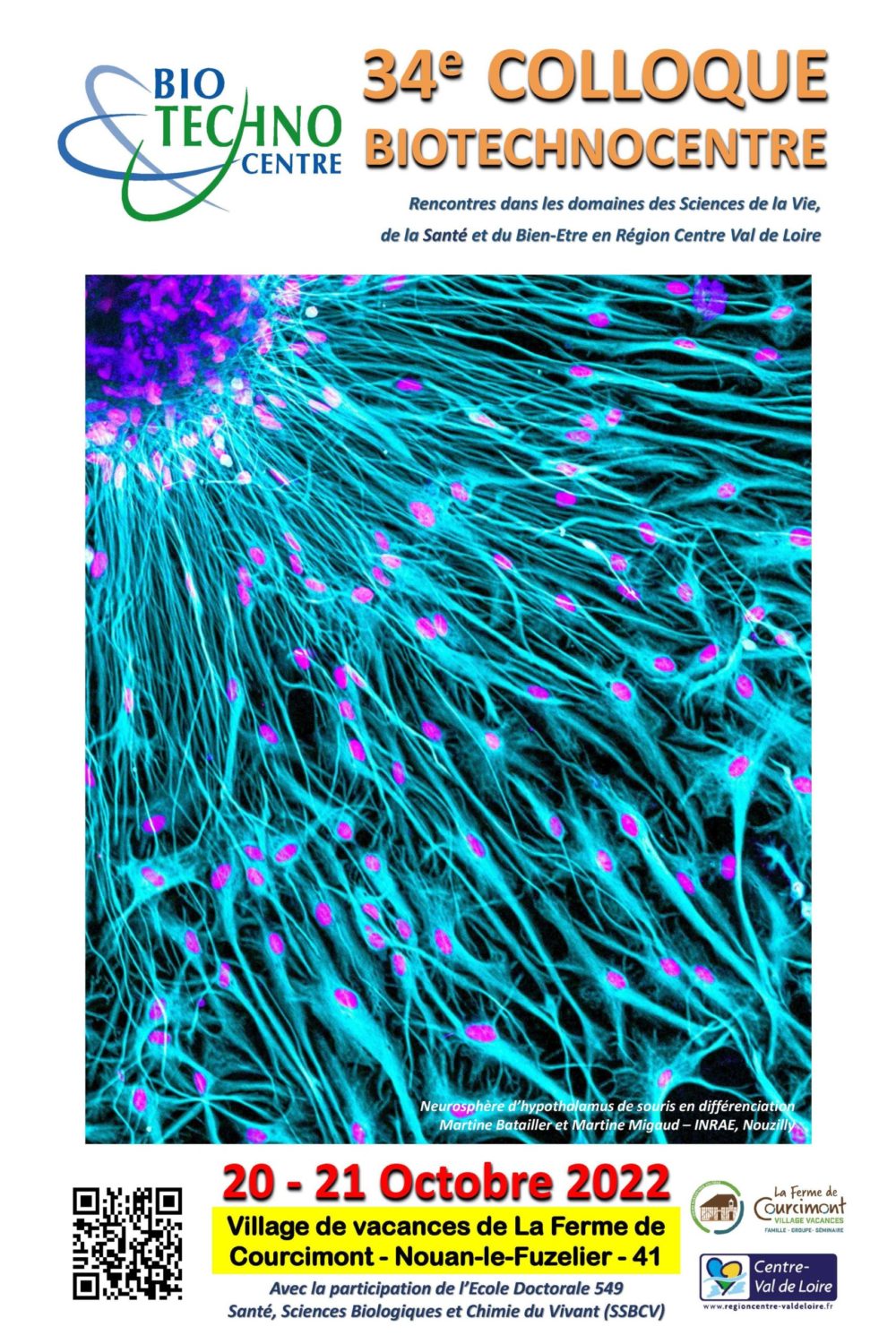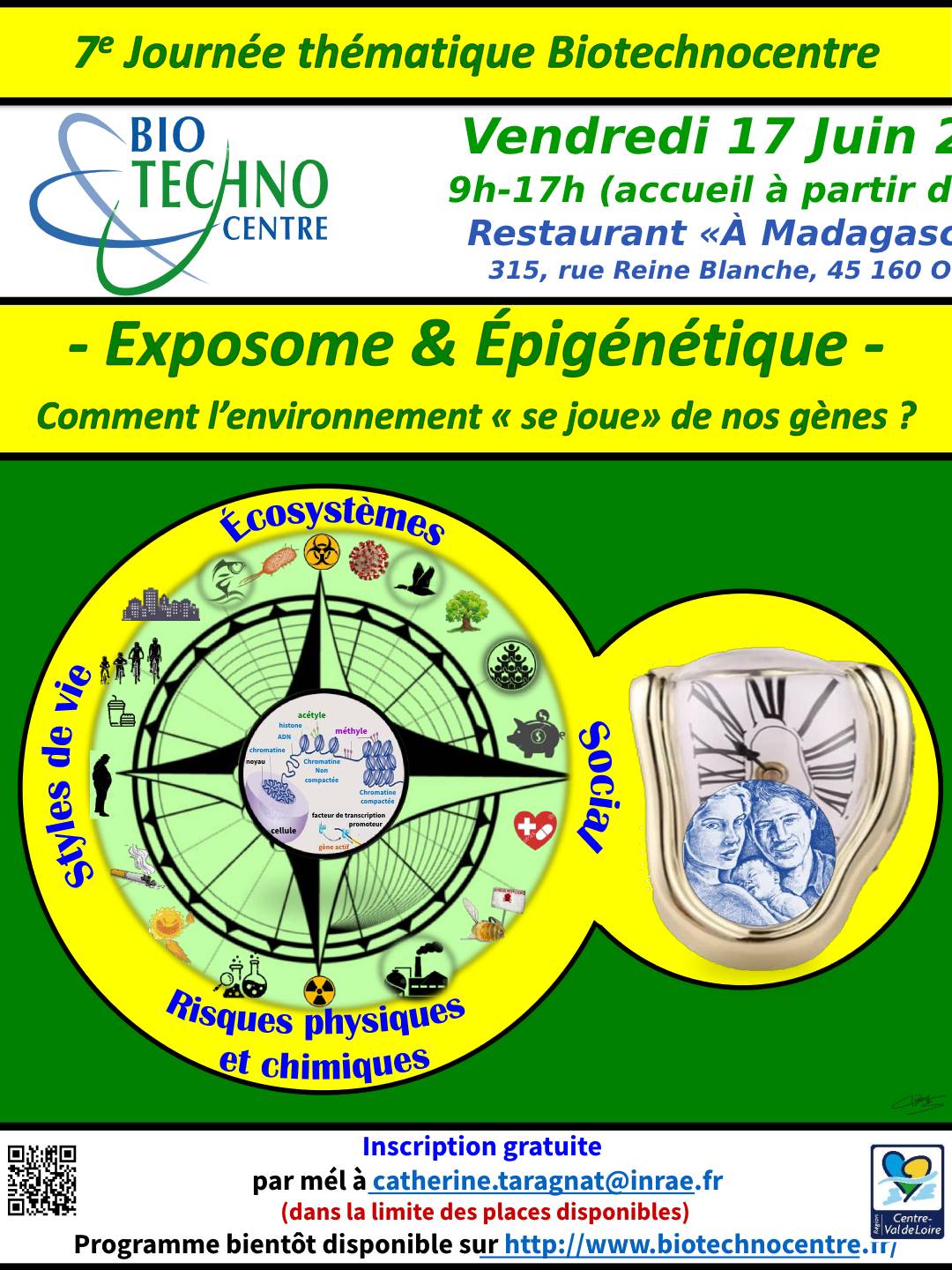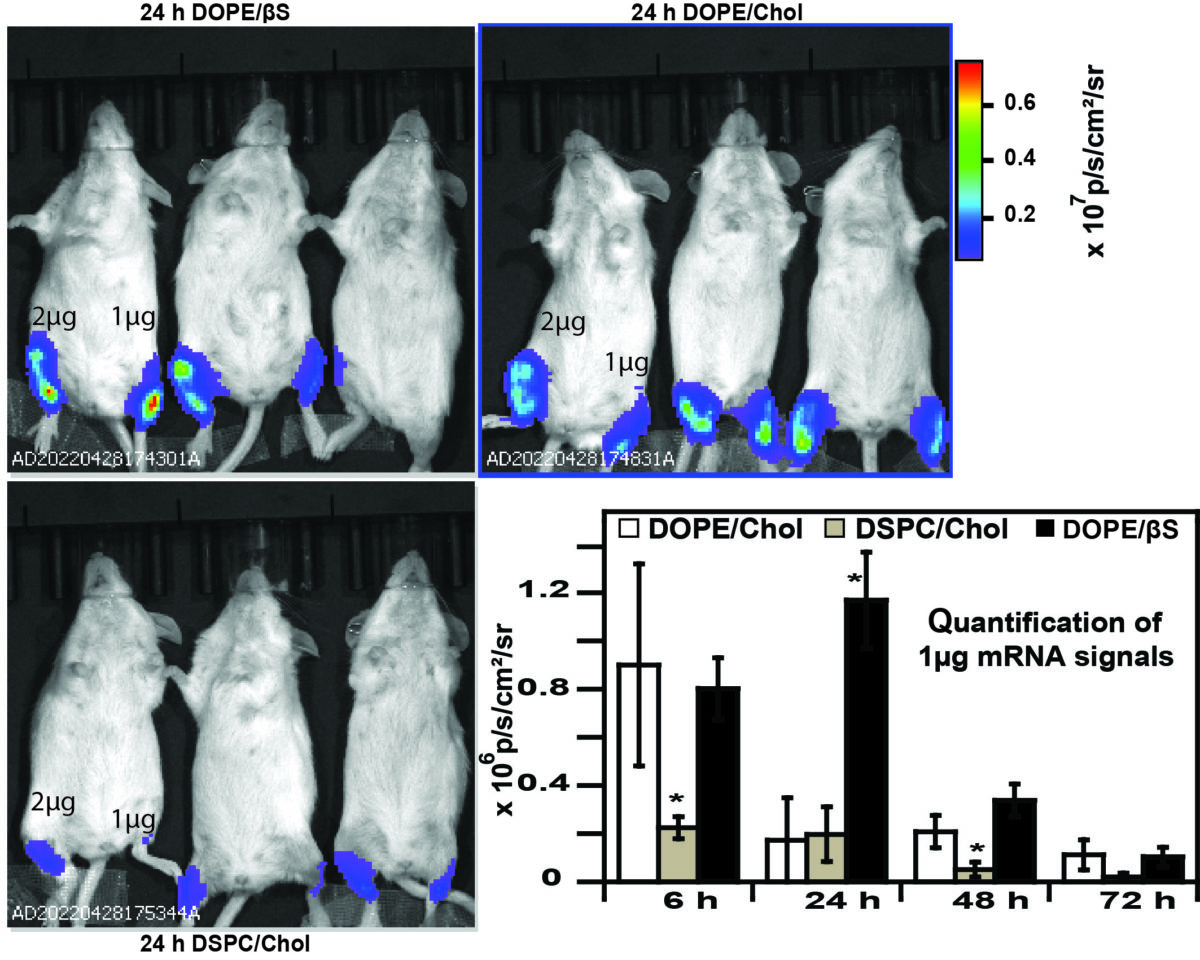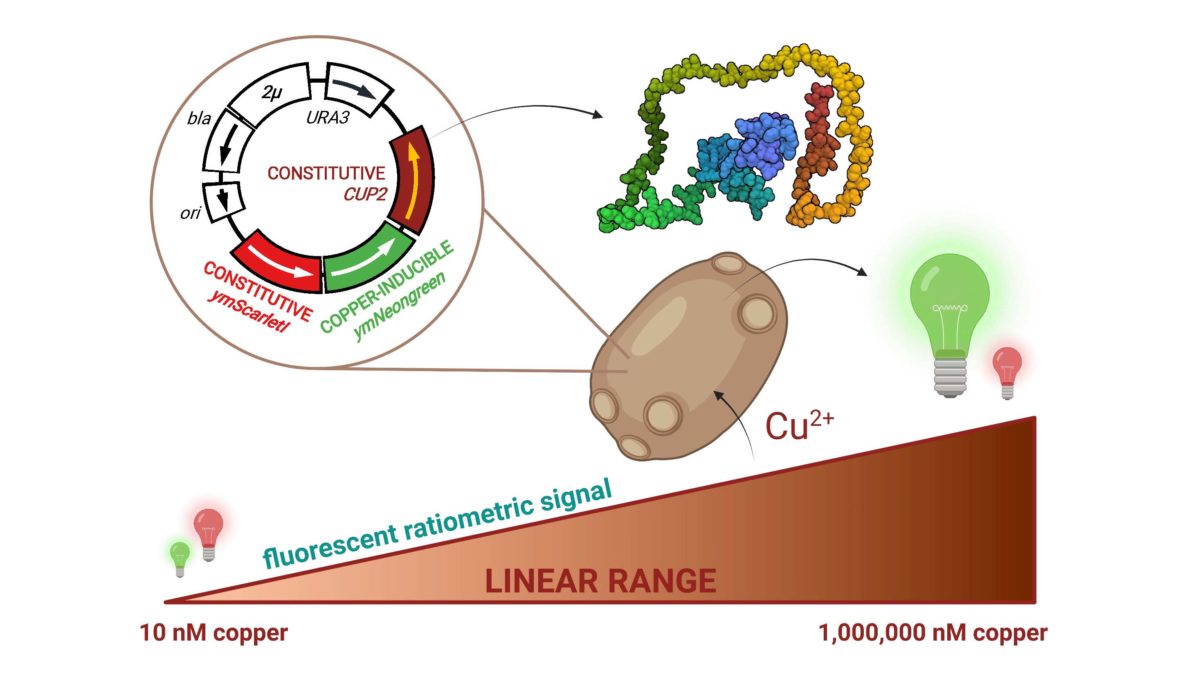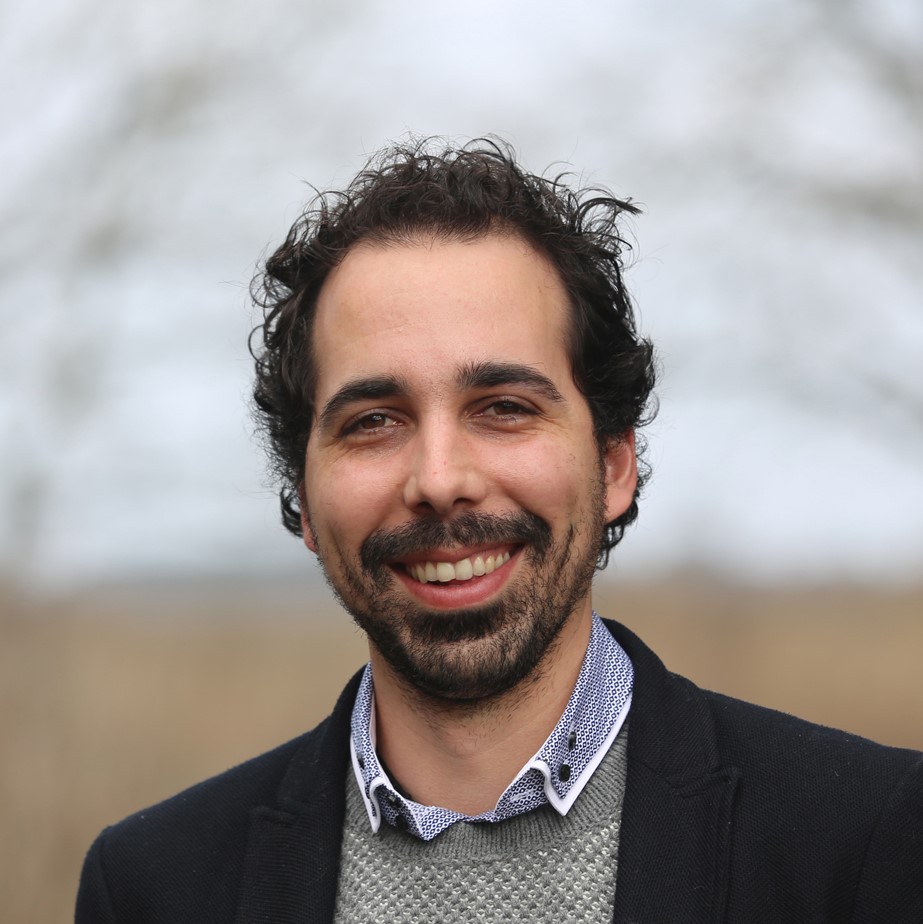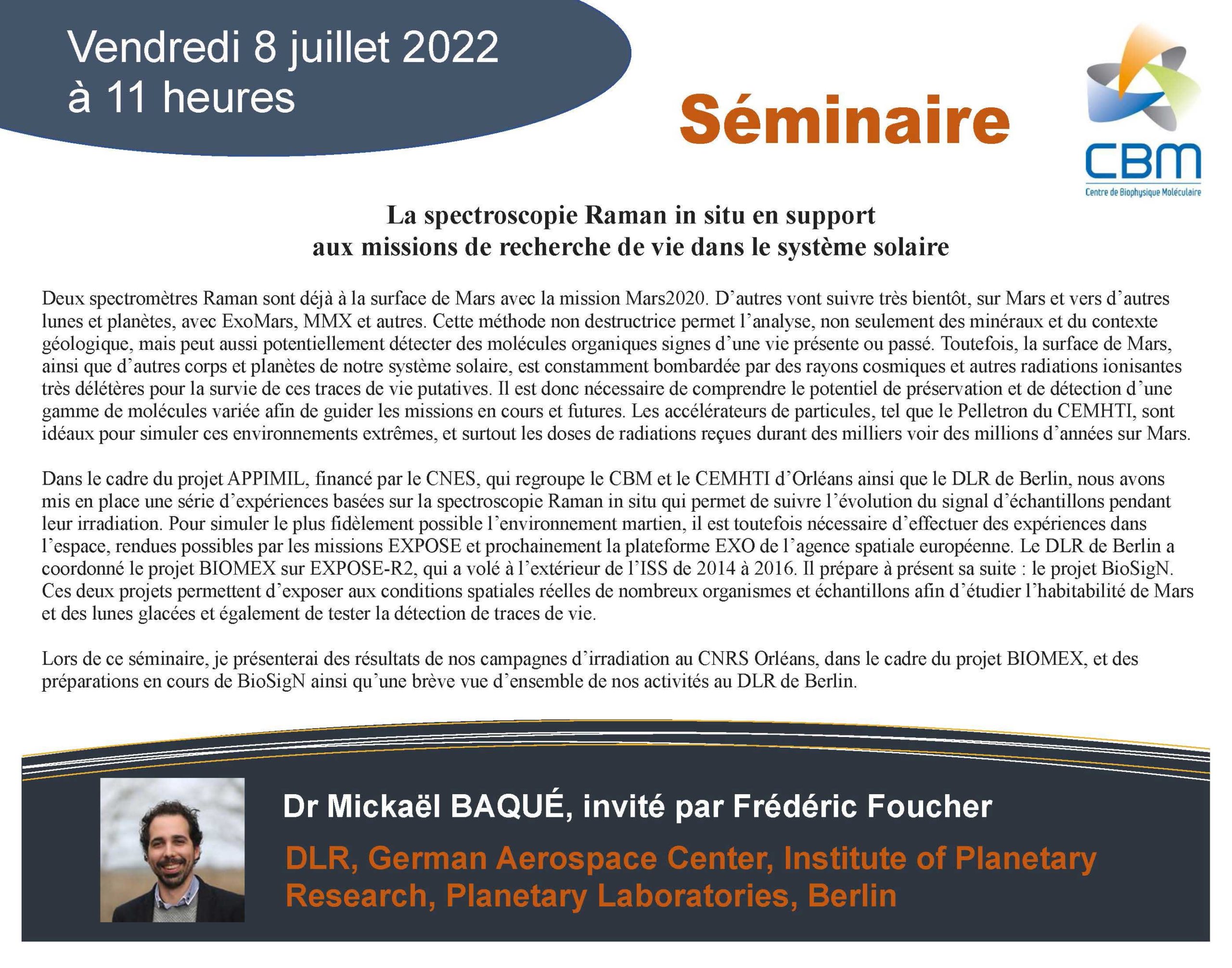Professor Pecoraro is internationally recognized for his major contributions in bioinorganic chemistry, notably on the role of manganese complexes and clusters in photosynthetic water oxidation. He is also a pioneer in the design of metalloenzyme mimetics and in the study of metallacrown complexes with unique magnetic and/or luminescence properties for developments in medical imaging, a field in which several patents have recently been filed with the team “Luminescent lanthanide compounds, optical spectroscopy and bioimaging” from the CBM.
Professor Pecoraro was awarded the Blaise Pascal International Chair in 2010. In 2021, he received an honorary doctorate from the University of Aix-Marseille and a LE STUDIUM Research Professorship (Loire Valley Institute). In addition, Professor Pecoraro is the 2021 recipient of the Franco-American award from the American Chemical Society and the “Société Chimique de France”.
He is currently president of the Society of Biological Inorganic Chemistry.
He is one of the co-founder of the startup VIEWaves founded in Orléans in March 2022 that aims at the commercialization of the optical imaging agents emitting in the near-Infrared domain created on the basis of the collaborative work conducted with the team at CBM.
